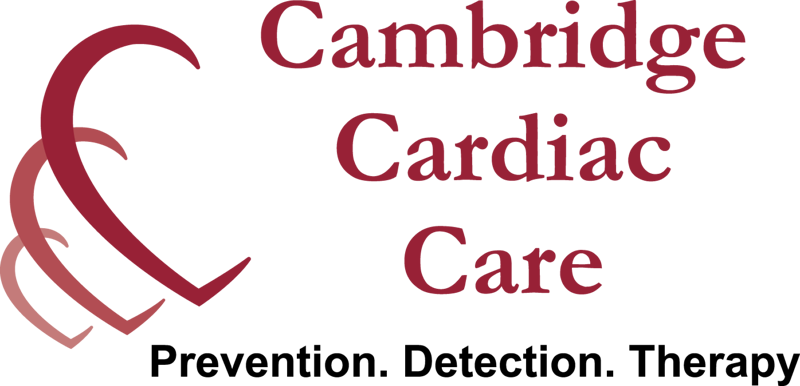Electrocardiogram (ECG or EKG)
Many names for one, simple test.
The Electrocardiogram, commonly referred to as the ECG or EKG, is a simple, painless test that measures the natural electrical activity of your heart at rest. The test is conducted with the patient lying comfortably on their back with lead wires attached to specific areas of the chest and torso. As the natural electrical impulse of your heart spreads through its chambers, it causes muscle fibres to contract creating the pumping action. The lead wires of the ECG pick up the electrical signal at various points along the way. This is valuable information that can help us decipher an irregular heartbeat, if you have had a heart attack, if one is developing or if there are signs of heart failure. A standard ECG only records continuous electrical problems. To investigate heart rhythm issues that occur only some of the time, including during sleep, a patient may need a Holter Monitor test in addition to the ECG.


 1.jpg)






